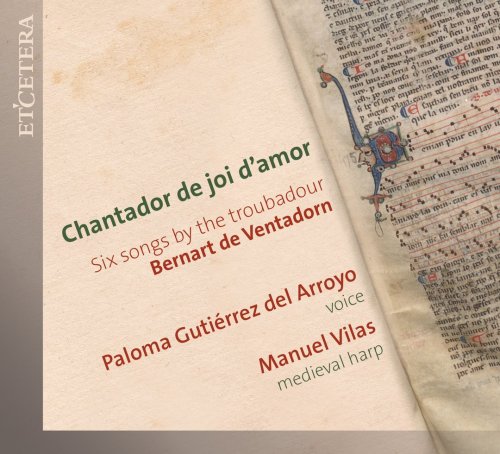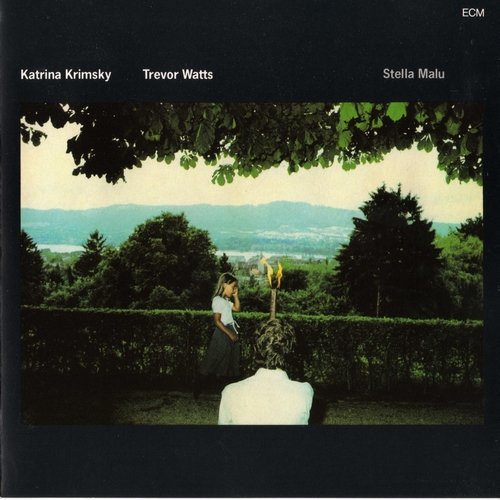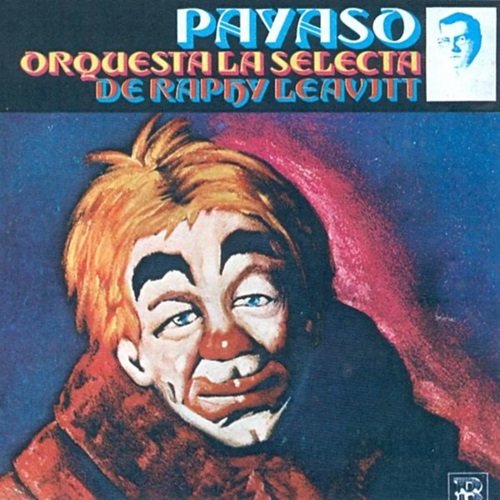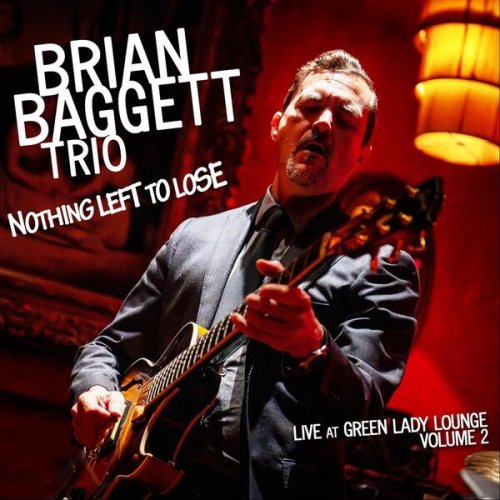Paloma Gutiérrez del Arroya, Manuel Vilas - De Ventadorn: Chantador de joi d'amour, Six Songs by the Troubadour (2020)

Artist: Paloma Gutiérrez del Arroya, Manuel Vilas
Title: De Ventadorn: Chantador de joi d'amour, Six Songs by the Troubadour
Year Of Release: 2020
Label: Etcetera
Genre: Classical
Quality: FLAC (tracks)
Total Time: 53:40 min
Total Size: 227 MB
WebSite: Album Preview
Tracklist:Title: De Ventadorn: Chantador de joi d'amour, Six Songs by the Troubadour
Year Of Release: 2020
Label: Etcetera
Genre: Classical
Quality: FLAC (tracks)
Total Time: 53:40 min
Total Size: 227 MB
WebSite: Album Preview
01. Cant l'erba fresq'e - fuelha par
02. Pus mi prejatz, senhor, qu'ieu chant
03. Be m'an perdut en lay ves Ventadorn
04. Can par la flors josta - vert folh
05. Non es meravelha s'eu chan
06. Can vei la lauzeta mover de joi sas alas
The CD was recorded in the Air Classical Recording Studio in Santiago de Compostela in October 2017.
Chantador of course means ‘singer’ — and Bernard de Ventadorn was fully worthy of the title. A troubadour from the Limoges region in the 12th century, he wrote love poems in Occitan and set them to music. He was not only the object of much raillery during his lifetime, but was also subjected to various hypotheses concerning his birth during the 20th century: he may have been the son of a baker or even the illegitimate son of a viscount in a castle in Moustier-Ventadour, the ruins of which are currently being excavated and explored. The amount of texts and music attributed to him that has survived in chansonniers, manuscripts that are veritable song-books, was equalled by very few other troubadours of the time; forty-one cansos, poems with love alone as their subject, can be attributed to him with certainty; his musical settings for seventeen of these have also survived.
Chantador of course means ‘singer’ — and Bernard de Ventadorn was fully worthy of the title. A troubadour from the Limoges region in the 12th century, he wrote love poems in Occitan and set them to music. He was not only the object of much raillery during his lifetime, but was also subjected to various hypotheses concerning his birth during the 20th century: he may have been the son of a baker or even the illegitimate son of a viscount in a castle in Moustier-Ventadour, the ruins of which are currently being excavated and explored. The amount of texts and music attributed to him that has survived in chansonniers, manuscripts that are veritable song-books, was equalled by very few other troubadours of the time; forty-one cansos, poems with love alone as their subject, can be attributed to him with certainty; his musical settings for seventeen of these have also survived.
![Rosàlia De Souza Quarteto - Rosàlia De Souza Quarteto 55° (2025) [Hi-Res] Rosàlia De Souza Quarteto - Rosàlia De Souza Quarteto 55° (2025) [Hi-Res]](https://www.dibpic.com/uploads/posts/2025-11/1762874381_folder.jpg)

![Himmelskip - Den siste kvegdriver (2025) [Hi-Res] Himmelskip - Den siste kvegdriver (2025) [Hi-Res]](https://img.israbox.com/img/2025-11/14/npq8eycg0xuqky7viwy89b283.jpg)





![Lee Morgan - The Last Bop, Lee Morgan Archives (Remastered) (2025) [Hi-Res] Lee Morgan - The Last Bop, Lee Morgan Archives (Remastered) (2025) [Hi-Res]](https://www.dibpic.com/uploads/posts/2025-11/1763111093_kasxxovq2ifkb_600.jpg)